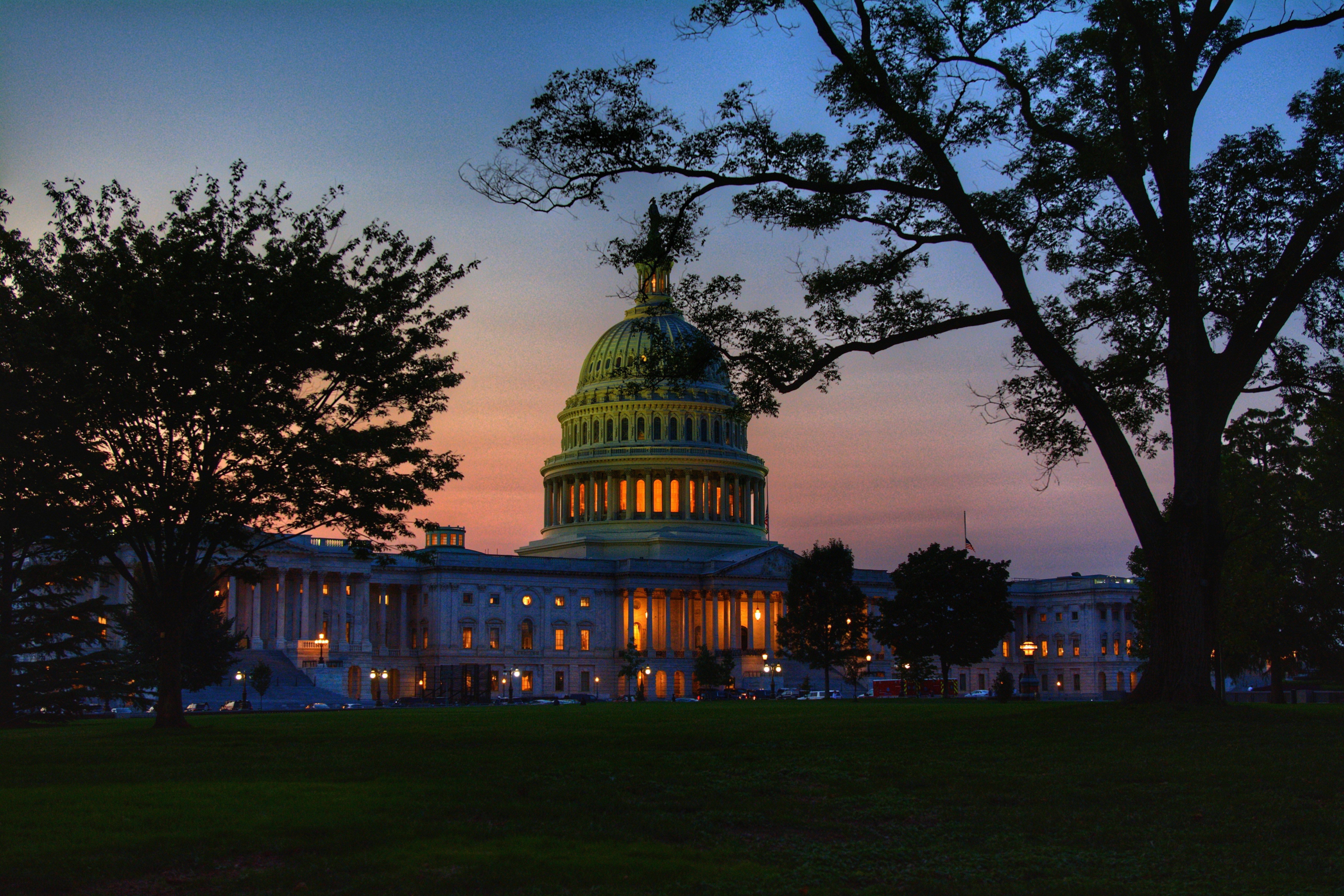Apple stock jumped more than 3% in extended trading after Judge Amit Mehta ruled that Google can continue making payments to preload its search engine on iPhones. The decision preserves a revenue stream worth billions annually to Apple's Services division, providing critical relief for investors who feared the company would lose its most lucrative partnership.
Apple just dodged a multi-billion dollar bullet. The company's stock surged more than 3% in extended trading Tuesday after federal Judge Amit Mehta delivered a ruling that preserves one of tech's most profitable partnerships - Google's massive payments to be the default search engine on iPhones.
"Google will not be barred from making payments or offering other consideration to distribution partners for preloading or placement of Google Search, Chrome, or its GenAI products," Judge Mehta wrote in his landmark antitrust decision. The ruling immediately sent Apple shares soaring, as investors realized the company's Services revenue stream would remain intact.
The stakes couldn't be higher. Google paid all distribution partners a staggering $26 billion in 2021 to secure default search placement, with Apple receiving the lion's share of those payments. That revenue flows directly into Apple's Services business - the $85 billion juggernaut that Wall Street prizes for its 70% profit margins, far exceeding the company's hardware divisions.
Judge Mehta's reasoning centered on protecting the broader ecosystem. "Cutting off payments from Google almost certainly will impose substantial — in some cases, crippling — downstream harms to distribution partners, related markets, and consumers, which counsels against a broad payment ban," the decision stated. The judge recognized that severing these financial ties would create cascading disruptions across the industry.
But this isn't a complete victory for the tech giants. The ruling imposes important new constraints, barring Google from "any exclusive contract" related to preloading its search engine on devices. Revenue-sharing agreements are now capped at one-year terms, according to the Department of Justice, forcing both companies to renegotiate their partnership annually.
The decision represents the culmination of a four-year legal battle that began when the DOJ filed suit against in 2020. The government alleged that Google maintained its search monopoly through exclusive default agreements that created insurmountable barriers for competitors. Last August, the court ruled that Google violated Section 2 of the Sherman Act, setting the stage for Tuesday's remedy phase.












